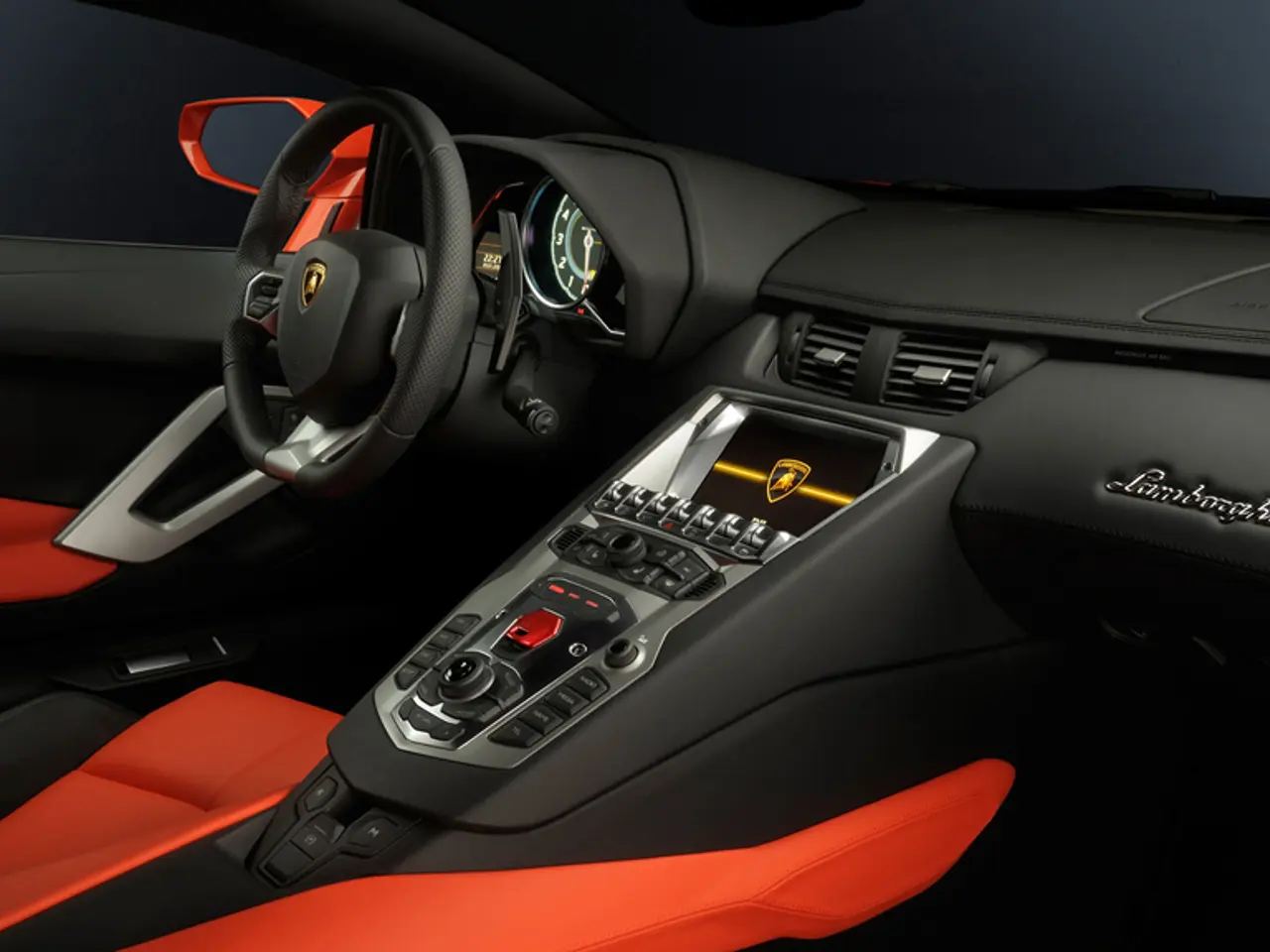Consumer Complaints Persist Regarding Infotainment Systems and Cup Holders in Accordance to J.D. Power's IQS
In the latest U.S. Initial Quality Study by J.D. Power, it has been revealed that infotainment and telematics systems are causing increasing frustration among consumers due to complex and overly complicated controls.
The study, which redesigned its methodology in 2020, reported that new launches have accounted for the highest number of problems (203 PP100) since the redesign, compared with 190 PP100 for carryover models. This suggests that new vehicles are notably more problematic compared to previous years.
Lexus topped all makes with a score of 166 PP100, while among mass-market brands, Nissan ranked highest with a score of 169 PP100. Interestingly, Tesla and Rivian, the only 100% electric-vehicle sellers with enough sales volume to be rated, scored 200 PP100 and 274 PP100, respectively.
The study found that the root causes of increased consumer frustration with infotainment systems are the feature bloat driven by industry efforts to consolidate many controls onto touchscreens. This results in complex, multi-layered interfaces that users find hard to navigate. The excessive number of options forces users to sift through complicated menus, increasing the time it takes to complete tasks and raising the risk of errors.
Moreover, the study indicates that infotainment remains the most problematic vehicle feature, despite incremental improvements. Owners report more touchscreen-related problems as systems attempt to serve multiple control functions beyond audio and navigation. This complexity leads to frustration, as users struggle to find controls quickly and intuitively.
Despite these challenges, the study also shows that overall vehicle quality is improving. For instance, General Motors topped all parent companies with five awards in the study, and Toyota's Cambridge South plant in Ontario, Canada, and Toyota's Georgetown 3, KY, plant tied for the Gold Plant Quality Award for North/South America.
However, the study also finds that automakers are regressing on cupholder design, with customers citing more problems in this area. Dedicated physical controls for some interactions can alleviate pain points and simplify the overall customer experience, according to J.D. Power.
In the premium segment, Jaguar ranked second, and Genesis ranked third, while Volkswagen has the highest-ranking model overall, the Porsche 911, with 116 PP100. The BMW AG's Graz (Magna Steyr-BMW), Austria, plant received the Platinum Plant Quality Award. Toyota's Tahara plant in Japan received the Gold Plant Quality Award for Asia Pacific.
For more information about the U.S. Initial Quality Study, visit https://www.jdpower.com/business/us-initial-quality-study-iqs. It is clear that the automotive industry has a significant challenge in addressing the complexity of infotainment systems to improve user experience and overall customer satisfaction.
[1] https://www.jdpower.com/press-releases/2022-us-initial-quality-study-iqs-finds-automotive-industry-regressing-cupholder-design [2] https://www.jdpower.com/press-releases/2022-us-initial-quality-study-iqs-reveals-infotainment-and-telematics-remain-most-problematic-category [3] https://www.jdpower.com/press-releases/2022-us-initial-quality-study-iqs-finds-consumers-frustrated-with-infotainment-systems
- The study, which also explores the realm of telematics and electric vehicles, reveals that infotainment systems in these new technologies are similarly complex and problematic, causing frustration for users.
- As the automotive industry continues to embrace technology, finance plays a crucial role in funding the development of advanced telematics systems in electric vehicles to ensure a seamless and user-friendly experience.
- In order to capture a larger market share, electric vehicle manufacturers must prioritize reducing the complexity of telematics systems to improve transportation efficiency and increase customer satisfaction.




